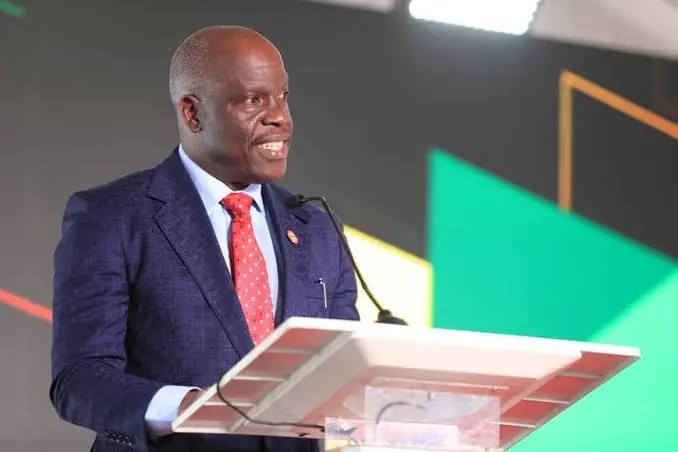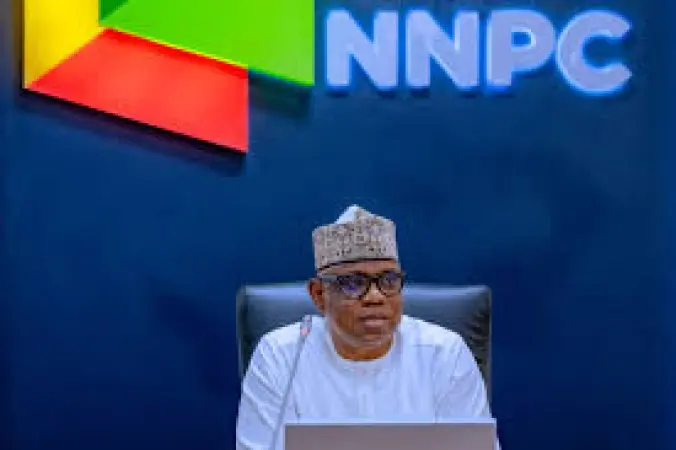NUPRC moves to safeguard divestments,ensure smooth transition of oil assets

The Nigerian Upstream Petroleum Regulatory Commission (NUPRC) says the country is applying lessons from costly global divestment to safeguard its oil and gas sector Chief executive offocer of the commission, Gbenga Komolafe, who made this known on Wednesday, in his remarks at the Nigerian Extractive Industries Transparency Initiative (NEITI) Companies Forum, held in Lagos, said the plan was aimed at securing over $400 million in decommissioning liabilities and setting stricter rules for recent asset transfers.
The CCE made the disclosure on Wednesday during his remarks at the Nigerian Extractive Industries Transparency Initiative (NEITI) Companies Forum held in Lagos. Komolafe, was represented by the deputy director of Human Resources, Corporate Services & Administration, Efemona Bassey, said the Commission had drawn lessons of divestments from lessons of the North Sea, where decommissioning is estimated at £27bn by 2032, the Gulf of Mexico costing over $9bn and in Canada’s Alberta, more than 97,000 inactive or abandoned wells now carry an estimated decommissioning and abandonment cost of between C$30 and C$70billion.
Speaking on the theme, ‘Divestments, Liabilities, and the Impact of Ongoing Reforms on Extractive Companies in Nigeria, the CEO stated that the lessons from these experiences guided the recent divestment approvals from NAOC to Oando Energy Resources; Equinor to Chappal Energies; Mobil Producing Nigeria Unlimited to Seplat Energies; SPDC to Renaissance Africa Energy; and TotalEnergies to Telema Energies.
“Without a robust and enforceable framework for abandonment and decommissioning, divestment transitions can create lasting financial and environmental burdens. “Nigeria is not immune to this challenge, and if we are to avert costly mistakes. It is precisely to avoid this outcome that Nigeria, through the Petroleum Industry Act and subsequent regulatory actions, has taken bold and decisive steps,” he said.
The NUPRC boss highlighted Nigeria’s response to the recent divestments in line with Sections 232 and 233 of the PIA which place full responsibility for the decommissioning and abandonment of petroleum wells, installations, structures, utilities, plants, and pipelines on licensees and lessees. Similarly, Chapter 3 of the PIA and Section 104 of the PIA, establish specific obligations for host community development and environmental remediation respectively.
He said each of the 2024 divestments provided a critical opportunity to put the Commission’sDivestment Framework to test and action: rigorously assessing the technical capacity of acquiring entities, verifying their financial strength, and securing decommissioning and abandonment obligations through upfront escrow arrangements. “The results from 2024 speak for themselves.
Over US$400 million in presale decommissioning and abandonment liabilities have been secured through Letters of Credit and escrow accounts. “Host Community Development Trust obligations are fully honoured. Environmental remediation commitments worth over US$9.2 million have been pledged while awaiting the formal gazetting of the ERF Regulations,” Komolafe added.




